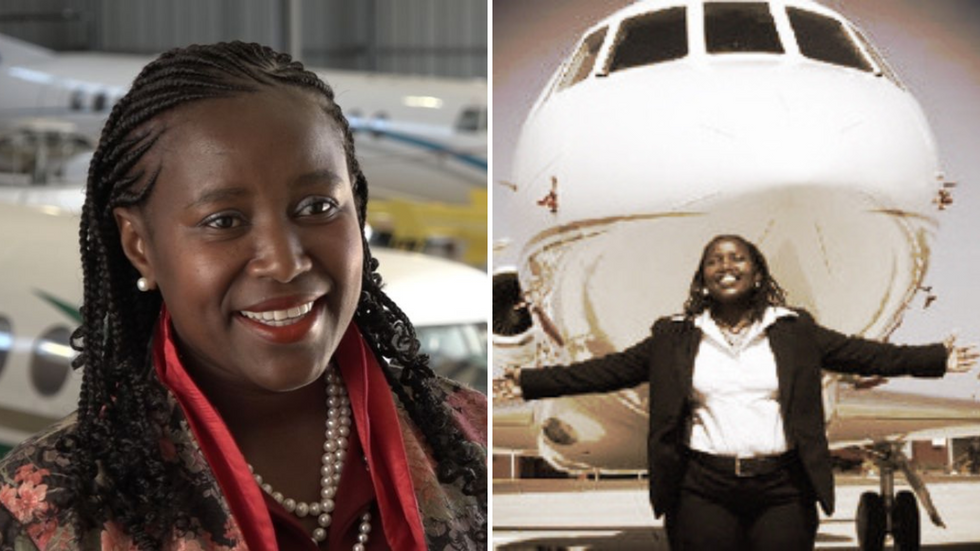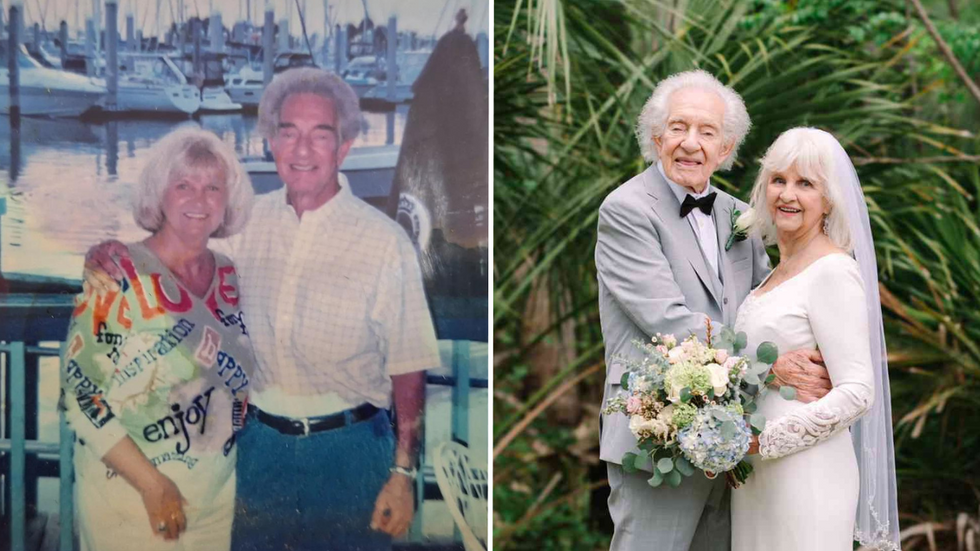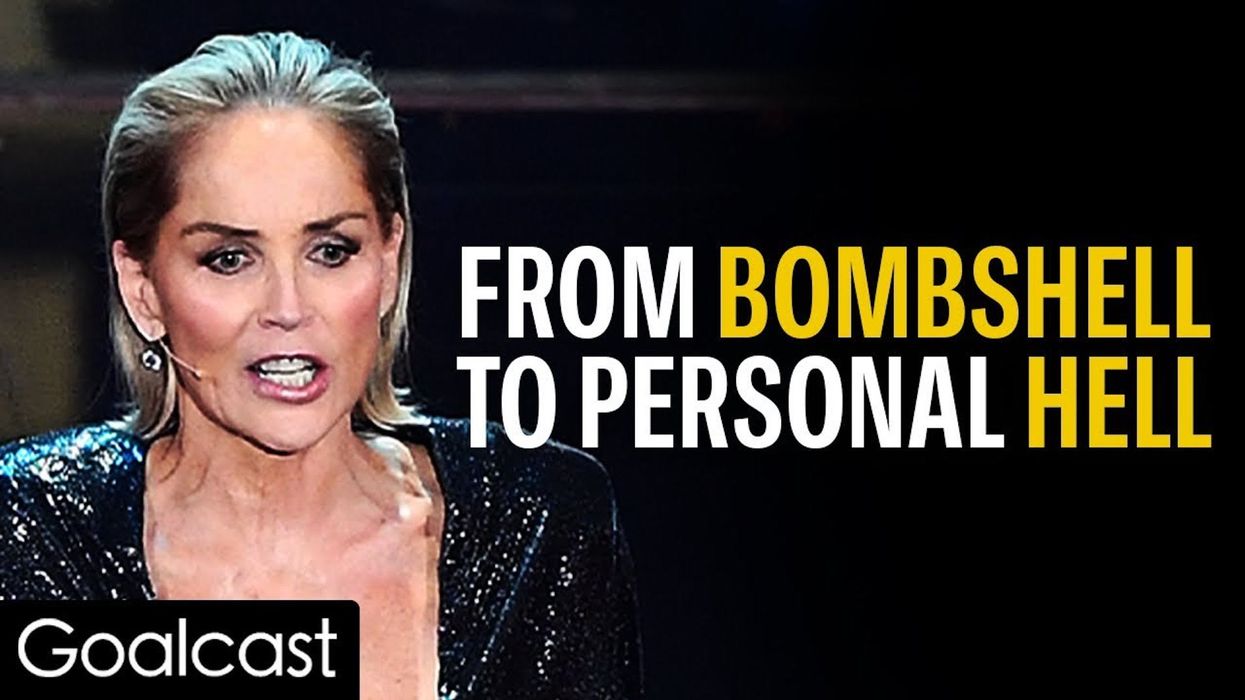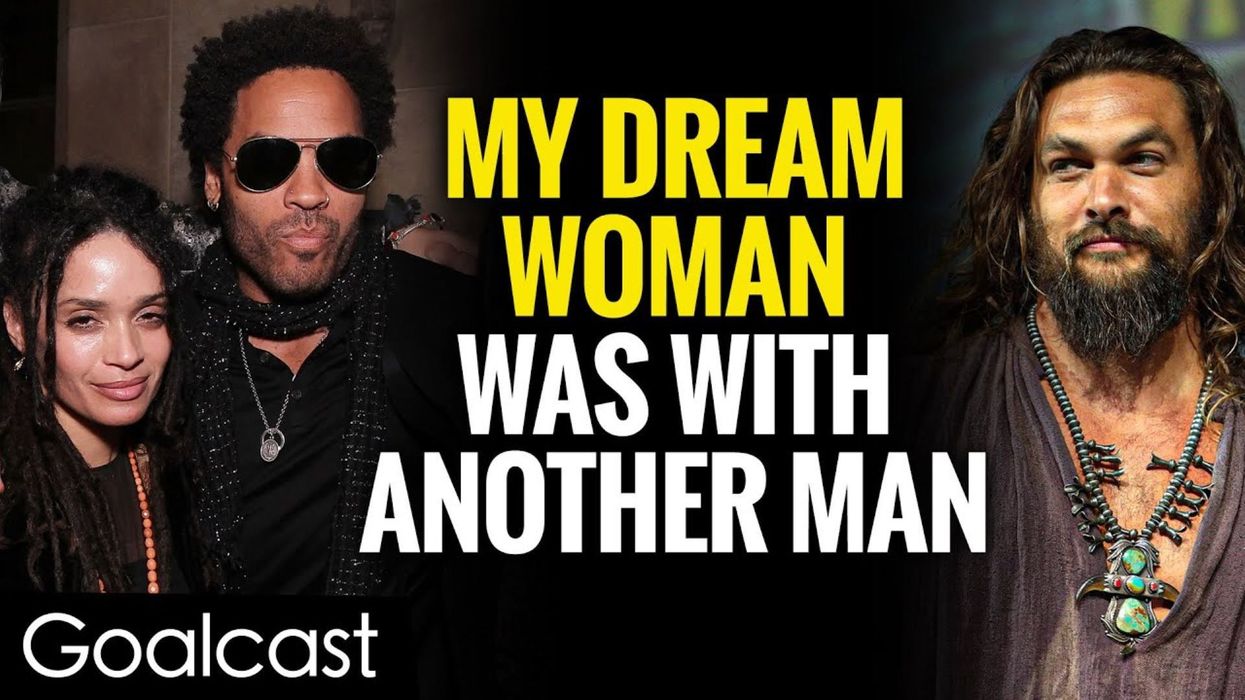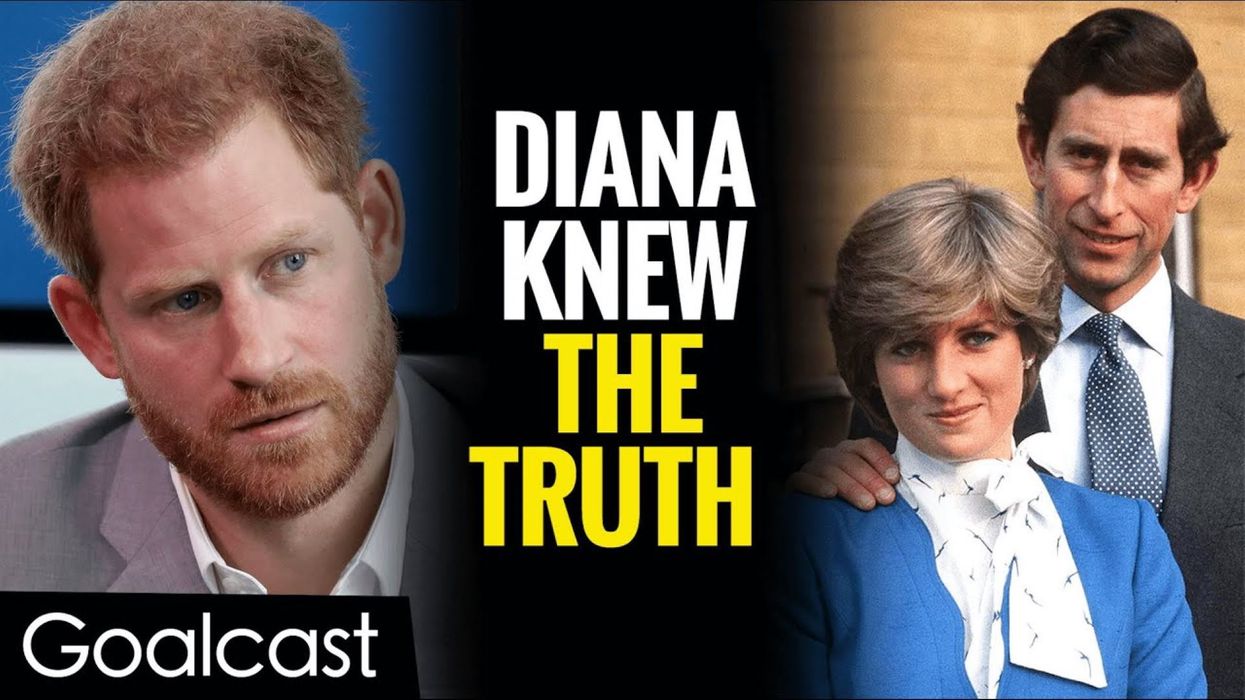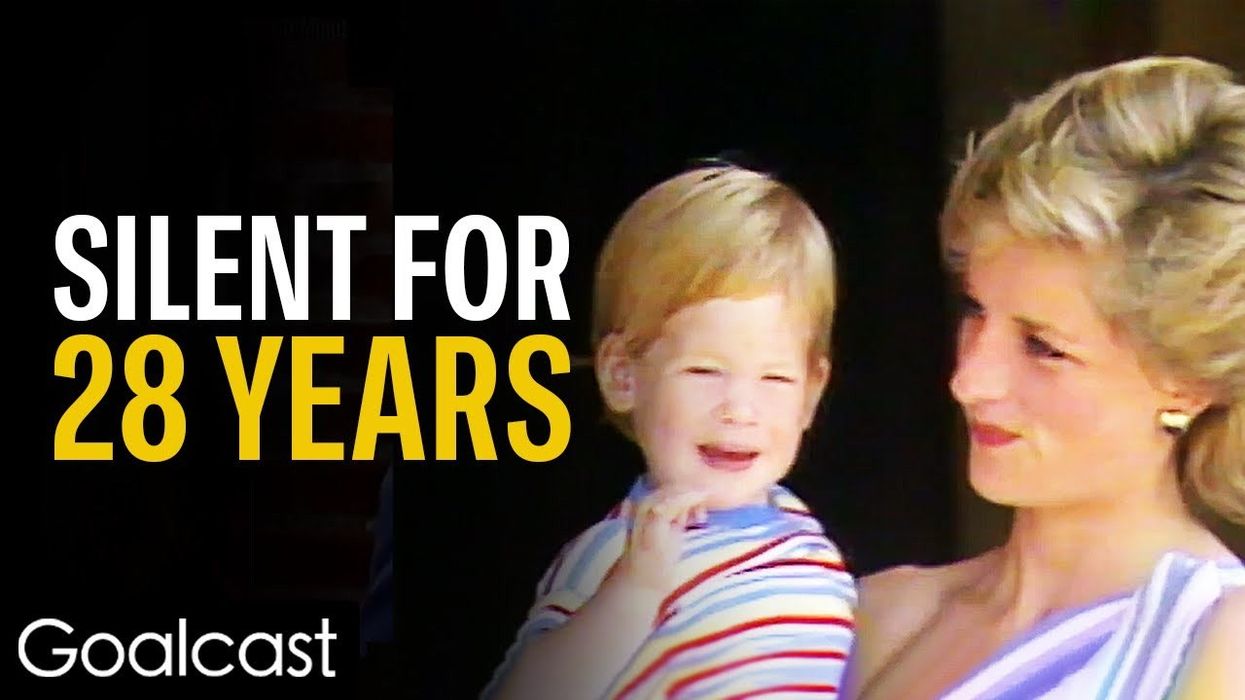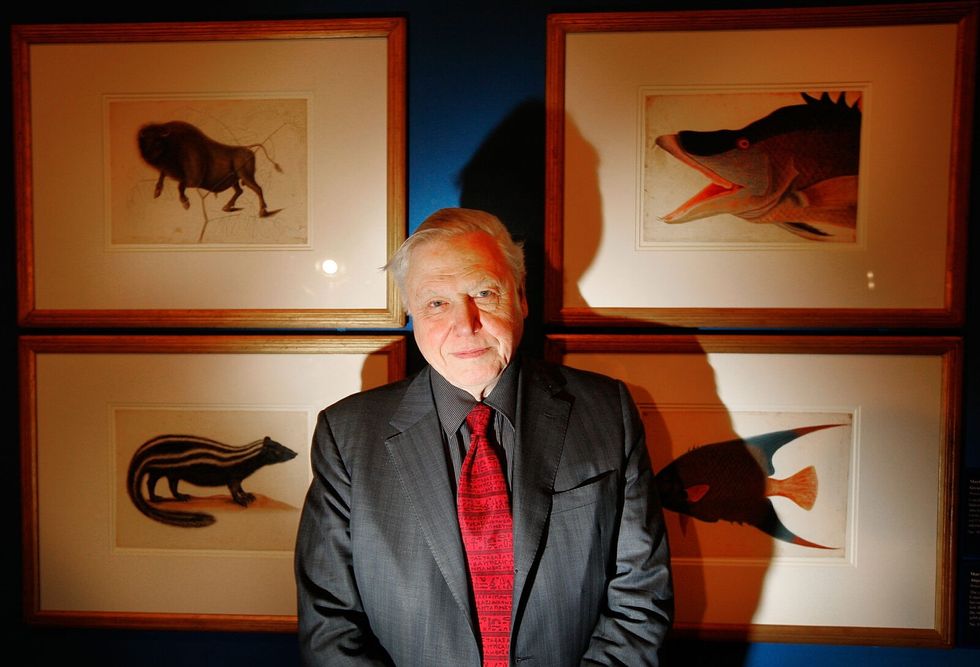
Hero of the Week: David Attenborough Dedicates His Last Years to Saving the Planet
An icon across four generations, he’s the voice that everyone instantly recognizes: David Attenborough has delighted, entertained, educated and inspired countless people across the world.
Aged 93 now, the naturalist has turned his full attention to raise the alarm of climate change, a cause that captivated him from childhood.
“The Garden of Eden is no more,” Attenborough told global political and business leaders earlier this year. Attending the World Economic Forum in Davos, Switzerland, he added: “We need to move beyond guilt or blame, and get on with the practical tasks at hand.”
That task is keeping climate change from raising global temperatures no more than 1.5 degrees Celsius. Anything above that, and our intricate, but delicate modern civilization will collapse. As will ecosystems around us. Even 1.5 degrees Celsius mean irreversible damage to some areas. For others, it will take far longer than our lifetimes for balance to be restored.
"If people lose knowledge, sympathy and understanding of the natural world, they're going to mistreat it and will not ask their politicians to care for it."
Voted Britain’s #1 most trusted celebrity, Sir David Frederick Attenborough was born in 1926 in Isleworth, England and grew up on the campus of University College, Leicester, where his father was principal.
The innate curiosity that children have towards natural world was much encouraged in Attenborough from a young age, by his parents, university professors and noted naturalists, scientist and conservationist who walked the grounds of the prestigious university.
"I just wish the world was twice as big and half of it was still unexplored."
Aged only 11, Attenborough attended a lecture by legendary Archibald Delaney – better known as Grey Owl – who fought relentlessly to conserve Canada’s wilderness, especially the beaver. That lecture would change Attenborough’s life. But the naturalist’s stellar career came about in a twisty-turny way.
A stint in the Navy was followed by editing children’s textbooks, but the work did not capture him. He applied to the BBC as radio show producer.
He was turned down but caught the eye of factual TV broadcasting at the BBC. It was 1950 and most Britons, among them Attenborough, didn’t even own a television set. Two years later, he was a full-time producer and two years after that, he presented a show for the first time when the original presenter backed out last minute for health reasons.
Throughout the next two decades Attenborough pursued a postgraduate degree in social anthropology, continued producing and filming iconic programs, revolutionized the fledgling BBC Two into a popular and educational channel, and became the director of programs for both BBC channels. He was courted to take over completely as Director-General, but his heart wasn’t in it. He would spend the ‘70s as a freelance documentary maker on an upwards swing.
Starting with 1979, the acclaimed Life series launched. It would break new ground and establish new benchmarks in documentary filmmaking. By the 1990s, Attenborough was a household name across the globe and despite being well beyond retirement age, continued to work relentlessly.
Conservation themes started popping up and in 2000 the landmark State of the Planet took a hard look at man’s impact on climate and the natural world, followed by several more documentaries on the subject. The Blue Planet and Planet Earth broke further new ground and their recent follow-ups garnered additional acclaim, further raising the alarm on runaway climate change.
"The question is, are we happy to suppose that our grandchildren may never be able to see an elephant except in a picture book?"
His work recognized by countless awards such as The Peabody, the Kew International Medal, several BAFTAs, a knighthood, honorary degrees from some of the top universities around the world, multiple Royal Society memberships among countless honors. In fact, David Attenborough is the only person in the world to win BAFTA’s for shows shot in black and white color, HD, 3D and 4K.
Additionally there have been 15 species named in his honor from a family of flowers, to insects, amphibians, a rare echidna, a bat and even ancient creatures from the time of and even pre-dating dinosaurs.
His own words explain his motivation best: "The future of life on earth depends on our ability to take action. Many individuals are doing what they can, but real success can only come if there's a change in our societies and our economics and in our politics. I've been lucky in my lifetime to see some of the greatest spectacles that the natural world has to offer. Surely we have a responsibility to leave for future generations a planet that is healthy, inhabitable by all species."















